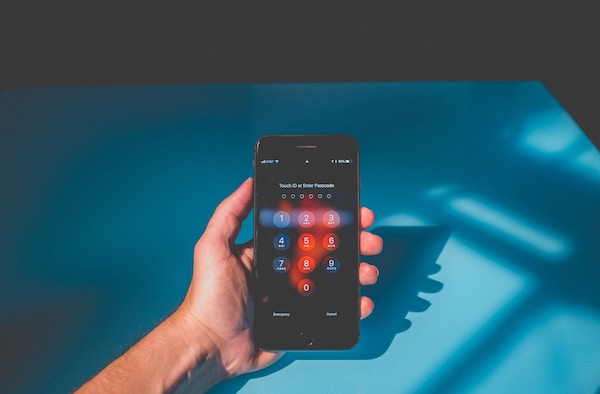Whether you like it or not, most of your financial information is available online. While some people avoid using online banking or payment options, most people do. You can pay your credit cards online, check your bank balance, pay off other loans, or manage your retirement accounts. Many people have these apps on their phones and download other financial apps to help them save money or monitor their credit score. These options are incredibly convenient and can help you make informed financial choices and get help if any issues arise, but it can also lead to security issues. However, there are steps you can take to make your financial accounts secure.
Make sure it’s safe
The first step to take when making sure your financial accounts are secure is verifying that the app or website you’re using is actually safe. If you’re considering downloading an app, first look at reviews to make sure people aren’t having a lot of issues with it. Also check out the terms and conditions and find information on how they’re actually protecting your information. Most banks and financial apps are FDIC-insured, which means you can be reimbursed for money up to a quarter of a million dollars. Avoid following any suspicious links as well; only use your institution’s official website when entering account information.
Create complex log-in information
A lot of people reuse usernames and passwords amongst their accounts. However, when it comes to your financial accounts, you need variation. Create unique usernames for each account and randomly generate your passwords. Do not use any information over if you can avoid it. Then, write down your login information on a tangible copy and keep it somewhere secure in your home; avoid keeping any of this information on your phone, no matter how secure you think it is.
Regularly update your passwords
Even with variation, you’ll need to regularly update your passwords. Some people could access your information, but wait to use it. Regularly updating passwords helps make your accounts more secure and greatly reduces the possibility of your information being stolen.
Use a secure connection
If you’re on a public computer or even using a public WiFi connection, avoid checking your financial accounts. It’s much easier than you think to hack into public WiFi and subsequently get onto people’s computers; always use private, secure WiFi when checking important accounts online. Do not save your information in your browser for easier logins in the future. Just memorize your passwords or only access your accounts when you have the information written in front of you.
Monitor your accounts
Finally, once you’ve taken proper precautions with your accounts, continue to monitor them. Instead of waiting for your monthly statement, check your credit card and banking accounts at least once a week to make sure no fraudulent charges were made. While banks have become increasing good at detecting fraud, there is still risk. Always look over charges made to your accounts and make sure every transfer of money and every purchase was actually made by you or another family member who shares the account information.
